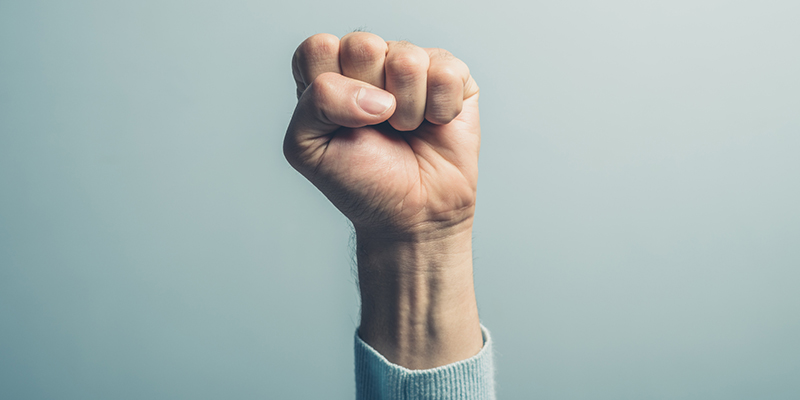The Reason Willpower Doesn’t Always Work
Have you ever starting thinking about making a lifestyle change and thought, “I can do this! I have willpower to accomplish my goal!” Then days, hours, even minutes later, you notice your “willpower” dwindling? Let’s take losing weight as an example. You think to yourself, “It’s finally time to lose this weight and keep it off! No more cakes, cookies, pizza, etc.”
There is a reason it might not be so easy to say “no” or avoid your favorite foods by just using willpower. Our environment has a lot to do with how easy or how difficult reaching a goal (like losing weight) can be.
B.J. Skinner, a pioneer for behavioral psychology, emphasized how environment impacts our behavior. We have cues (positive and negative) surrounding us all the time. Use those cues to B.Y.O.E (Build Your Own Environment). It is much easier to succeed when we have a plan in place and a positive environment surrounding us. Review the “Use Your Cues: How to Replace Unhealthy Habits” post for more information.
Skinner suggests that the key to success is not how strong your willpower is, but how you reward yourself after reaching small goals. When you take a deeper look at your behavior, ask yourself whether it is much harder to wait for a larger reward — like losing a few pounds in a few weeks — versus a small reward now — like a bag of your favorite potato chips after a stressful day. That larger reward, like losing weight, is not as “certain” as the smaller reward right now.
It is also important to note that “willpower” works better when an outside consequence is present. Think of a deadline at work. We are able to complete the work more diligently when there is a concrete consequence. It’s different with making a lifestyle change. The larger consequence is less “known.” Health is much less concrete than a deadline at work. That’s why sometimes it’s easier to “give in” to the extra snacks or treats.
So what do you do?
- B.Y.O.E. or build an environment that allows you to succeed. It includes positive cues and rewarding yourself frequently after meeting a small goal. For instance, buying your favorite magazine after tracking food choices for two days straight. These small goals will lead to a larger reward (like losing weight) but keep you motivated throughout.
- Write it down. The most important part is to follow through with your small reward. This will boost self-reinforcement and self-discipline. Make sure the nonfood reward feels satisfying or is something that you will look forward to.
- Tell someone. It will provide accountability and serve as a consequence if you don’t follow through with the small goal.



